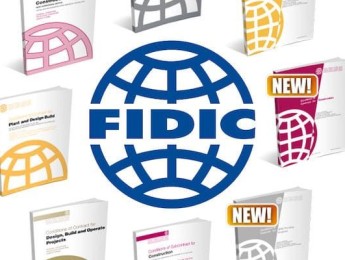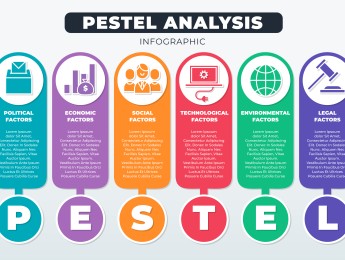The 21st century demands more than just subject knowledge — learners need a set of future skills to thrive in an ever-changing, technology-driven, and interconnected world. These skills — often called “soft” or “essential” — include creativity, critical thinking, digital literacy, collaboration, and resilience.
This course equips educators and trainers with strategies to help learners develop these vital skills. Participants will explore what future skills are, why they matter, and how to integrate them into teaching and learning to prepare students for the challenges and opportunities ahead.
By the end of this course, participants will be able to:
- Understand the key skills learners need for the 21st century.
- Design activities and lessons that foster critical thinking, creativity, and collaboration.
- Integrate digital literacy and responsible technology use into teaching.
- Support learners in developing adaptability, resilience, and a growth mindset.
- Create engaging, learner-centered environments that encourage future-ready skills.
- Assess and reflect on students’ development of these skills over time.
This course is ideal for:
- Teachers and lecturers at all levels.
- School and university leaders planning curriculum innovation.
- Trainers and facilitators in corporate and community education.
- Instructional designers and curriculum developers.
- Anyone who wants to help learners succeed in the modern world.
This interactive course combines expert-led sessions, group discussions, case studies, self-reflection exercises, and hands-on activities. Participants will design their own action plans and create examples of lessons or projects that teach future skills.
Day 5 of each course is reserved for a Q&A session, which may occur off-site. For 10-day courses, this also applies to day 10
Section 1: Why Future Skills Matter
- Understanding the skills gap and the future of work.
- Global frameworks: 21st Century Skills, OECD Learning Compass, etc.
- How education systems are evolving to meet new demands.
- Activity: Reflect on the most important skills for your learners’ futures.
Section 2: Critical Thinking and Problem Solving
- Teaching learners how to think, not what to think.
- Strategies to encourage questioning, analysis, and decision-making.
- Designing real-world, problem-based learning activities.
- Activity: Create a critical thinking exercise for your subject.
Section 3: Creativity and Innovation
- Unlocking learners’ creativity and imagination.
- Fostering a safe space for experimentation and risk-taking.
- Techniques to integrate creative projects into teaching.
- Activity: Design a creativity-focused lesson or project.
Section 4: Collaboration and Communication
- Helping learners work effectively in teams and respect diverse perspectives.
- Developing strong interpersonal and communication skills.
- Using digital tools to collaborate across distances.
- Activity: Plan a collaborative group project with clear roles and goals.
Section 5: Digital Literacy and Resilience
- Building learners’ confidence with technology and digital tools.
- Teaching safe, ethical, and effective online behaviour.
- Helping students cope with failure, uncertainty, and change.
- Activity: Draft a short digital or resilience-building activity for your class.
Upon successful completion of this training course, delegates will be awarded a Holistique Training Certificate of Completion. For those who attend and complete the online training course, a Holistique Training e-Certificate will be provided.
Holistique Training Certificates are accredited by the British Accreditation Council (BAC) and The CPD Certification Service (CPD), and are certified under ISO 9001, ISO 21001, and ISO 29993 standards.
CPD credits for this course are granted by our Certificates and will be reflected on the Holistique Training Certificate of Completion. In accordance with the standards of The CPD Certification Service, one CPD credit is awarded per hour of course attendance. A maximum of 50 CPD credits can be claimed for any single course we currently offer.
- Course Code IND08-121
- Course Format Classroom, Online,
- Duration 5 days








